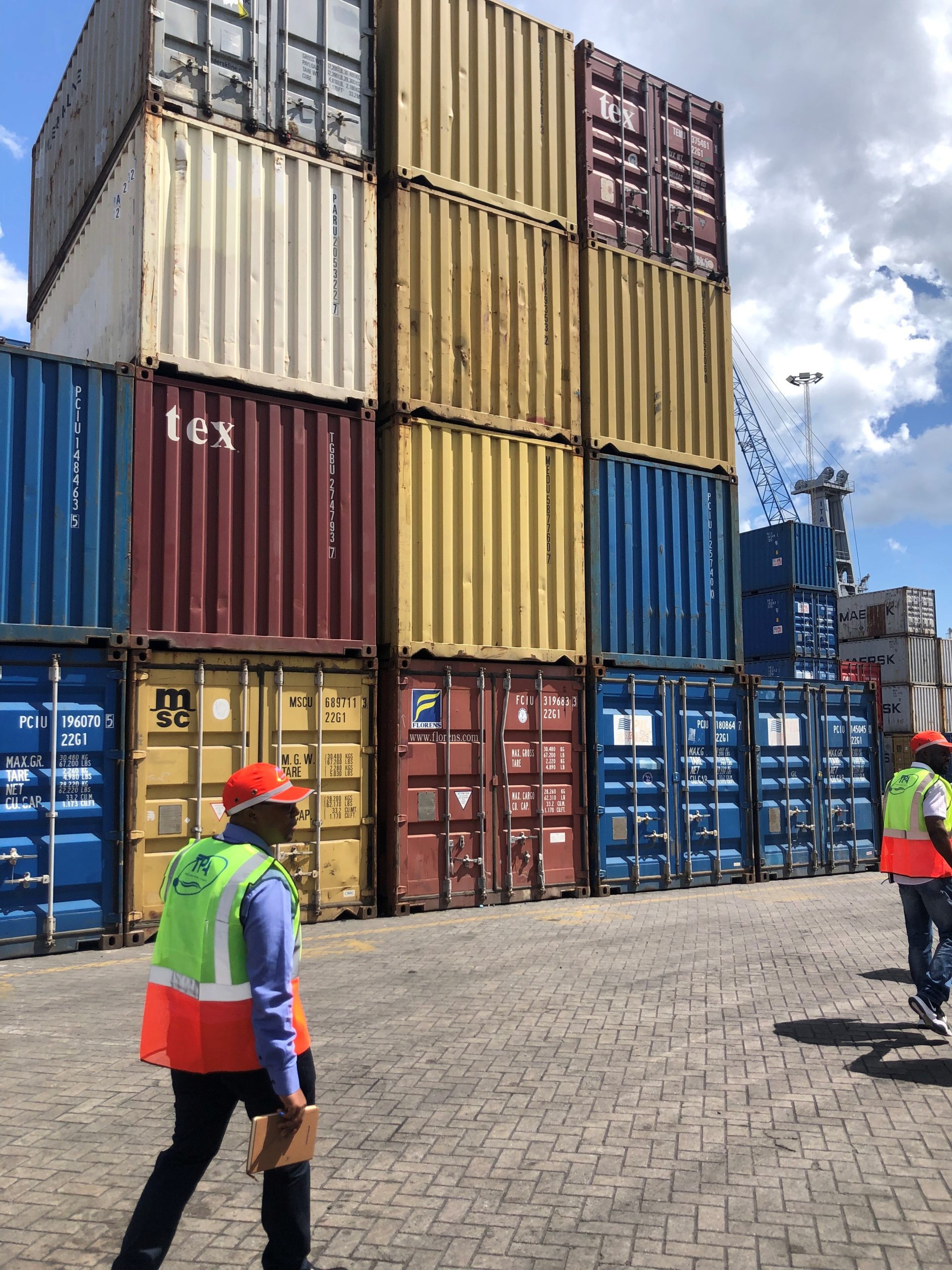
PREVENT
PREVENT-StEP cross working group on the implementation of the Basel Convention
In February 2021 the PREVENT E-Waste Working Group had a first joint exchange with members from the Solving the E-Waste Problem (StEP) Initiative and the Basel Convention Secretariat on the challenges caused by notification procedures for the transboundary movement of e-waste. The Basel Convention addresses the control of transboundary movements of hazardous wastes and other wastes worldwide. It aims to stop exports and dumping of hazardous wastes and other wastes from high income countries to low income countries where there is no capability to treat these.
For transboundary movements of hazardous wastes and other wastes to take place, competent authorities in each country of transit/destination must be informed via a Prior-Informed Consent (PIC) procedure. Where effectively implemented, the PIC procedure contributes to the prevention of illegal traffic of e-waste and of e-waste dumping. However, due to the ways the Basel Convention is implemented in different countries, as well as different resources and capacities at competent authorities and economic operators, it can also be a major challenge for recyclers based in low and middle income countries to transport pre-processed e-waste fractions to qualified recycling facilities where they can be disposed of in an environmentally sound manner.
Following high interest in the topic, PREVENT and StEP have initiated a cross-alliance working group to collect experiences from members in different countries. The aim is to find ways to improve local implementation and facilitate transport to qualified recycling facilities abroad. This working group aims to shed light on this issue, raise awareness and improve the situation in partner countries. Members from PREVENT and StEP will collect experiences and discuss good and bad practice, with the aim of identifying possible ways to overcome challenges and improve the process. The activity will take place in collaboration with the Basel Convention Secretariat and its regional centres, hopefully providing inputs for their capacity building programs.
This working group marks a new milestone in the cooperation between the PREVENT Waste Alliance E-Waste Working Group and the StEP Initiative. Both PREVENT and StEP are multi-stakeholder partnerships with the aim of addressing e-waste challenges through knowledge exchange and development of solutions worldwide.
Until now, synergies and impact has been assured through a close exchange between the initiatives through StEP’s position in the Advisory Board of the PREVENT Waste Alliance and active participation in the PREVENT E-Waste Working Group. At the same time, the PREVENT Secretariat’s e-waste coordination – represented by GIZ – has been a long-standing member in StEP, and for about 4 years has also been represented in StEP’s Supervisory Committee.
While some members are in both initiatives, the extended network can provide many benefits. Through initiatives such as joint-working groups we believe that we can achieve more impact and reach our common goals together. We look forward to the stronger cooperation between our initiatives and our members!